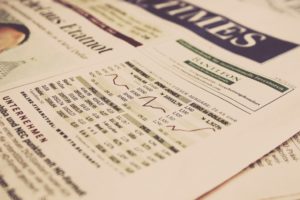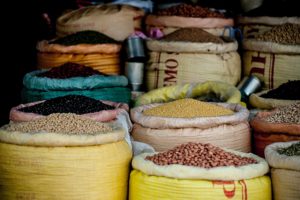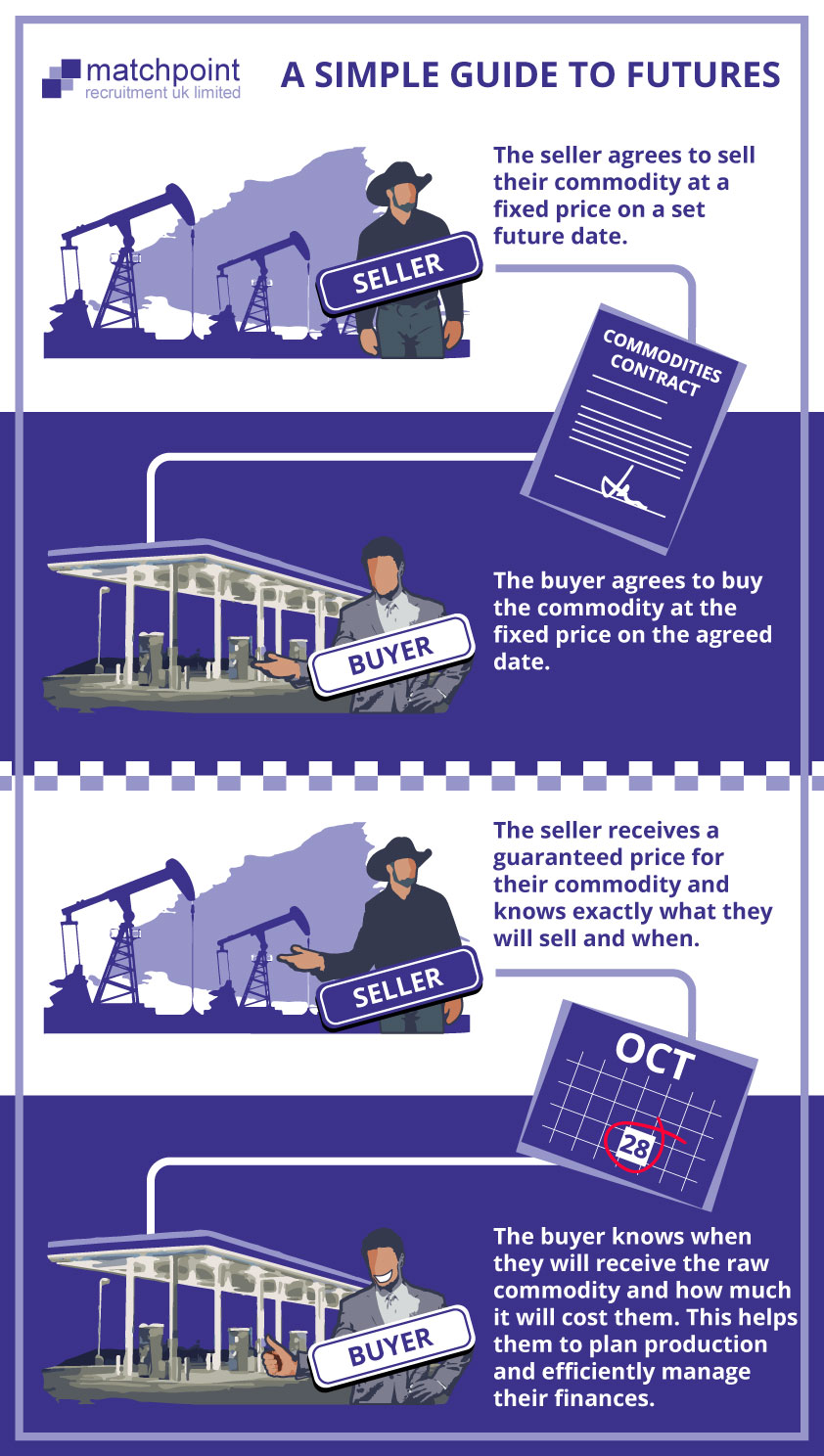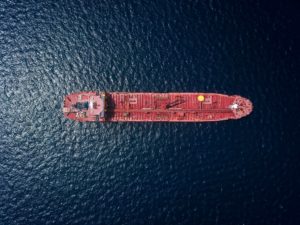
You may remember that in our recent Commodities in Focus Blog about Agriculturals, we touched on ‘Futures’ and their role in the trading of agricultural commodities.
In this blog – we take a closer look at Futures and their role in global financial markets.

Futures are a key element in global financial trading
Futures are an important element in global financial trading and the Futures Market is an integral part of international economic activity.
In our agricultural commodities blog we talked about how trading in the earliest types of agricultural products was responsible for the emergence of Futures Contracts.
These instruments were developed to help producers of raw goods such as cotton, oil, gold, silver etc to effectively manage the risks attached to the future sale of their goods.

The first ever Futures contracts were for agricultural commodities
For the purposes of this blog we are looking specifically at Commodities Futures, as this is our area of focus, but Futures Contracts actually cover a wide range of financial products that are bought and sold including indexes, currency and bonds.
When entering into a Futures Contract, the Seller of the Contract agrees to sell a fixed amount of a certain commodity to the Buyer of the Contract at a set date in the future.
The price of the commodity is also agreed and fixed at the time of purchase based on current prices – so any changes to the price in the interim will be irrelevant.

The main reason that sellers and buyers enter into Futures Contracts is to avoid risk.
The seller of the commodity will have the reassurance of knowing exactly what price they will get for their commodity on the agreed date when they actually sell.

Futures help sellers and buyers to manage risk
For commodities where pricing can be volatile this provides reassurance to sellers and helps them to effectively manage their finances on a month by month basis. The same reassurance is there for the purchaser. They know when they will receive their product and exactly what the cost will be. This is particularly important for manufacturers who need guaranteed supplies of raw materials in order to make goods.
The reality is that many Futures Contracts are bought and sold by speculative traders who have no intention of actually keeping them until they are fulfilled, but instead use them as financial instruments which are traded as prices go up or down in individual markets.
Yes – although Futures and Options are often bundled together as similar products, Options are different because they give either the buyer or the seller the option to buy/sell at a future date. With a Futures Contract there is a firm commitment on both sides.
The most obvious negative is that prices can go down as well as up. So the purchaser may be committed to buying commodities that they could get more cheaply elsewhere.
Likewise, if prices go up – the seller is still committed to sell at the already agreed (cheaper) price.

The ability to look into the future?
Dealing in Futures requires financial services organisations and their individual traders to be able to speculate and to look ahead to try and anticipate the future price of a particular asset by research and analysis of all of the factors that will affect it.
For a commodity such as oil, production is very closely linked to global political ups and downs, as well as environmental factors – all of which have to be accounted for.
The September drone attacks on the Aramco oil facilities in Saudi Arabia highlighted the world’s dependence on this region for oil and also the precarious nature of supply when it is interrupted by a major event of this kind.

Supply and demand of commodities can be severely impacted by unforeseen global events
At Matchpoint Recruitment we are specialists in finding the right roles for experienced commodities professionals and helping our clients to build their specialist teams.
And if you want to find out more about Futures – you can read part 2 of our blog – Futures Trading.